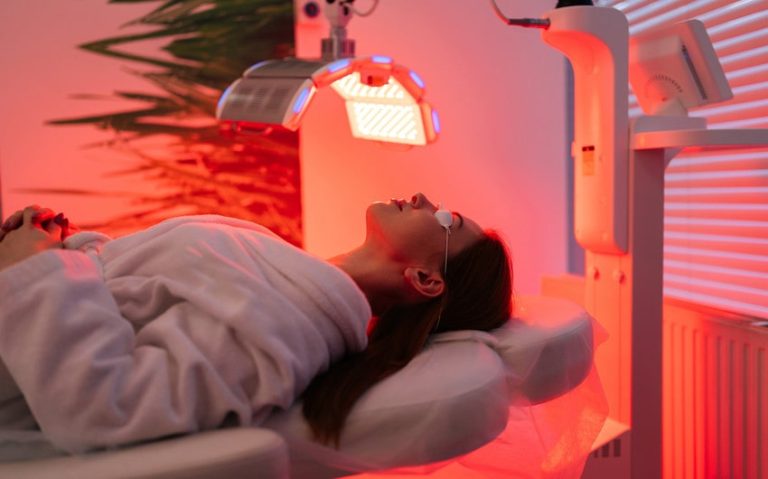As adults, we often dismiss the emotional turmoil that is going on inside our minds and focus on providing for our families. While it’s not healthy, it is a nearly universal coping mechanism where we disregard what’s going on inside to keep up with the constant and neverending demands of our busy lives. But if you have been suffering from a mental health condition for a while, it is likely that you are unable to give your family adequate attention and care while also significantly lagging behind in your career.
When everything in your life is in chaos due to your poor mental health, an intensive outpatient treatment program is exactly what you need. An IOP helps you seek treatment for your mental illness while also ensuring you don’t miss out on your everyday life. If you live in California, an IOP treatment in Huntington Beach is a great solution to save yourself from suffering silently from your mental illness. But before enrolling yourself in a program, here is what you must know about IOPs.
How Does an IOP Program Work?
Intensive Outpatient Programs are structured psychotherapies specifically made to help people suffering from numerous mental illnesses. This treatment option is a great solution for individuals who are seeking professional help for their mental health condition but don’t want to enroll in a residential program because they have other commitments and responsibilities. The program works best for busy adults because the patient is required to visit the center for a minimum of three times a week for six to eight hours.
The treatment program is termed “intensive” because the patient is required to spend a huge part of their day in the facility while at the same time squeezing in time for their family. Unlike residential programs, patients can go back to their homes once the treatment is over, and depending on the frequency, they can also continue having a regular full-time job.
Hence, this setup is great for individuals who are the sole breadwinners of their families. However, one needs to remember that your work is not done once you are out of the facility; you need to constantly take proactive steps to boost your mental well-being.
What Can You Expect From These Treatment Programs?
Now, you may think that since IOPs are intensive, you need to put in a lot of time and effort. This isn’t exactly false, but busy adults can feel reassured to know that IOPs take special care to help them live a normal life while fulfilling their responsibilities. The frequency of the session varies from a minimum of three days a week to six days a week, depending on the requirements.
So, since you are putting in so much time, you should know what you must expect from these programs:
1. IOP sessions usually consist of a combination of group therapies and individual therapies. So, depending on what works best for you, your psychiatrist will devise a plan to tackle any emotional or behavioral issue that you are facing. If you are under any psychiatric medication, your psychiatrist will also ask for a medicine management and assessment.
2. Another thing is that an IOP treatment can be incorporated after you have completed your residential program. Hence, if you have recently come out of a rehabilitation facility and are trying to resume your everyday life, you can opt for these treatment plans. Opting for IOP treatments after a residential program works as an excellent post-recovery step to protect your mental well-being and ensure that you don’t fall back into the same pattern.
3. Now comes the ideal frequency of the treatment. Most people benefit even from attending the program three times a week for 6 to 8 hours. However, the ideal frequency can only be determined by an experienced psychiatrist after they have closely evaluated your condition.
4. The modality of the treatment plan will vary depending on what made you join the program in the first place. There are a lot of possibilities with the approaches that the professional takes, but the most common one is Cognitive Behavioral Therapy, which helps individuals confront their triggers; motivational enhancement therapy, which allows individuals to tackle the ambivalent feeling they have towards therapy; and group therapy that focuses on community upliftment along with essential medication.
Conclusion
Let’s be clear that IOP treatment is not for everybody. If the individual’s mental health condition is grave, posing a major threat to their well-being, opting for a residential treatment plan is the best option. But busy adults who are responsible for their families can opt for an IOP that provides them with the option to go home after they are done for the day. So, if you are a busy adult whose mental health has taken a backseat, it is time to enroll yourself in an IOP.







